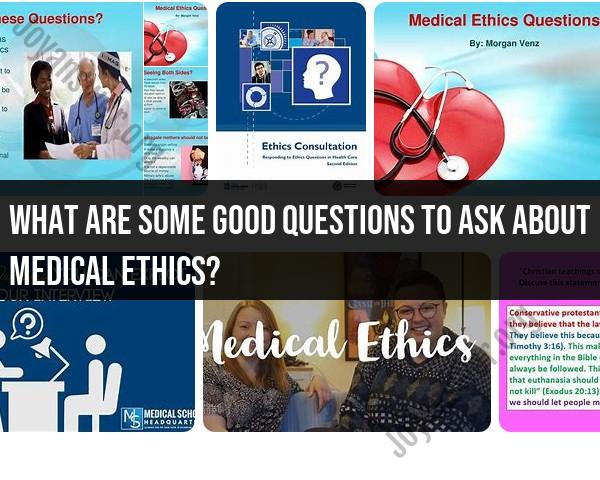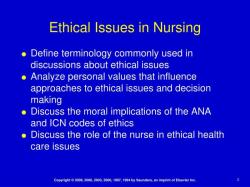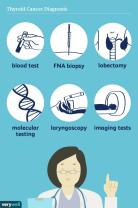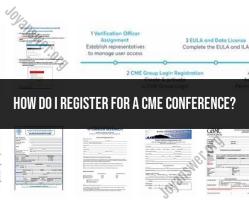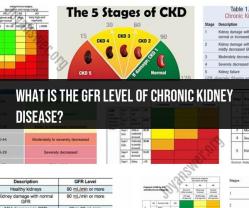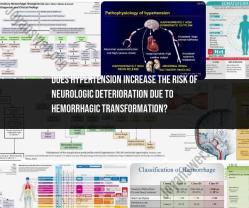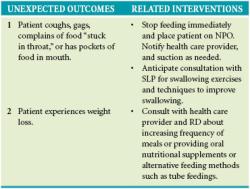What are some good questions to ask about medical ethics?
Medical ethics involves complex and challenging dilemmas that healthcare professionals, patients, and society may face. Here are some relevant questions in the field of medical ethics:
Patient Autonomy:
- How should healthcare providers balance respecting a patient's autonomy with the obligation to provide necessary medical care?
- Under what circumstances can a patient's autonomy be overridden for their own well-being?
End-of-Life Care:
- What criteria should be used to determine when it is ethically appropriate to withhold or withdraw life-sustaining treatment?
- How can healthcare providers ensure that a patient's wishes regarding end-of-life care are respected?
Informed Consent:
- What constitutes valid informed consent, especially in cases involving complex medical procedures or experimental treatments?
- How can healthcare professionals ensure that patients fully understand the risks and benefits of a proposed treatment?
Resource Allocation:
- How should limited medical resources (such as organs for transplantation or vaccines during a pandemic) be allocated fairly and ethically?
- What ethical considerations come into play when deciding which patients receive priority in resource allocation?
Genetic Testing and Counseling:
- What are the ethical implications of genetic testing, especially in the context of potential discrimination based on genetic information?
- How should healthcare providers balance the duty to inform patients of genetic risks with the potential psychological and social consequences?
Reproductive Ethics:
- What ethical issues arise in the realm of assisted reproductive technologies, such as in vitro fertilization (IVF) or surrogacy?
- How should healthcare professionals navigate conflicts between the interests of the potential parents and the well-being of the unborn child?
Research Ethics:
- How can researchers ensure the ethical conduct of clinical trials, including the recruitment of participants and reporting of results?
- What safeguards should be in place to protect vulnerable populations participating in medical research?
Cultural Competence:
- How can healthcare professionals provide culturally competent care, respecting diverse beliefs and practices in medical decision-making?
- What steps can be taken to address disparities in healthcare access and outcomes based on cultural or socioeconomic factors?
Palliative Care:
- What ethical considerations are involved in providing palliative care, and how can the quality of life for terminally ill patients be maximized?
- How should healthcare providers balance pain management with the risk of addiction in patients with chronic pain?
Public Health Ethics:
- What ethical principles should guide public health interventions, especially in situations like infectious disease outbreaks?
- How can public health measures be implemented equitably, considering the diverse needs and vulnerabilities of different populations?
These questions can serve as starting points for discussions and reflections on various aspects of medical ethics, promoting thoughtful consideration of the ethical dimensions of healthcare practices and policies.
How can we address the ethical challenges in organ transplantation?
Addressing the ethical challenges in organ transplantation is a complex and multifaceted endeavor. Here are some key approaches and considerations:
Increasing organ availability:
- Promoting organ donation: Public education campaigns, streamlining consent processes, and exploring opt-out systems can encourage more people to register as organ donors.
- Improving deceased donor pool: Expanding criteria for acceptable donors, maximizing organ retrieval capabilities, and utilizing organs from non-heart-beating donors can increase available organs.
- Exploring alternative sources: Research on xenotransplantation (animal organs) and artificial organs holds long-term potential, but raises ethical concerns and requires careful scientific and societal exploration.
Enhancing fairness and equitable allocation:
- Transparent and objective allocation systems: Algorithms based on medical urgency and matching compatibility should prioritize the most critical patients, regardless of socioeconomic factors.
- Addressing implicit bias: Training healthcare professionals and implementing anti-discrimination measures can mitigate bias based on race, ethnicity, or social status.
- Global collaboration: Fostering international cooperation on organ sharing and donation can help address disparities in access across different countries.
Ethical considerations in the process:
- Informed consent: Ensuring potential donors, and families of deceased donors, understand the risks and benefits of organ donation is crucial for making autonomous decisions.
- Financial incentives: While compensating organ sellers raises ethical concerns, providing support for potential donors in terms of lost wages or funeral expenses might be necessary in some contexts.
- Vulnerable populations: Protecting vulnerable individuals from exploitation or undue pressure to donate organs requires stringent ethical safeguards.
Ongoing research and public discourse:
- Investigating new preservation and transport technologies: Advances in this field can expand the pool of viable organs and increase transplant success rates.
- Ethical discussions on prioritizing recipients: Balancing urgency, likelihood of success, and long-term quality of life for potential recipients remains a complex and sensitive issue.
- Public engagement and transparency: Openly discussing ethical concerns, challenges, and successes in organ transplantation is crucial for maintaining public trust and fostering collaborative solutions.
Addressing the ethical challenges in organ transplantation requires a multi-pronged approach that combines policy changes, technological advancements, ethical considerations in practice, and ongoing public discourse. By continually seeking solutions and engaging in open dialogue, we can strive to make organ transplantation a more accessible and ethically sound practice that saves and improves lives.
Feel free to ask further questions about specific aspects of this complex issue or discuss any concerns you might have regarding the future of organ transplantation.
